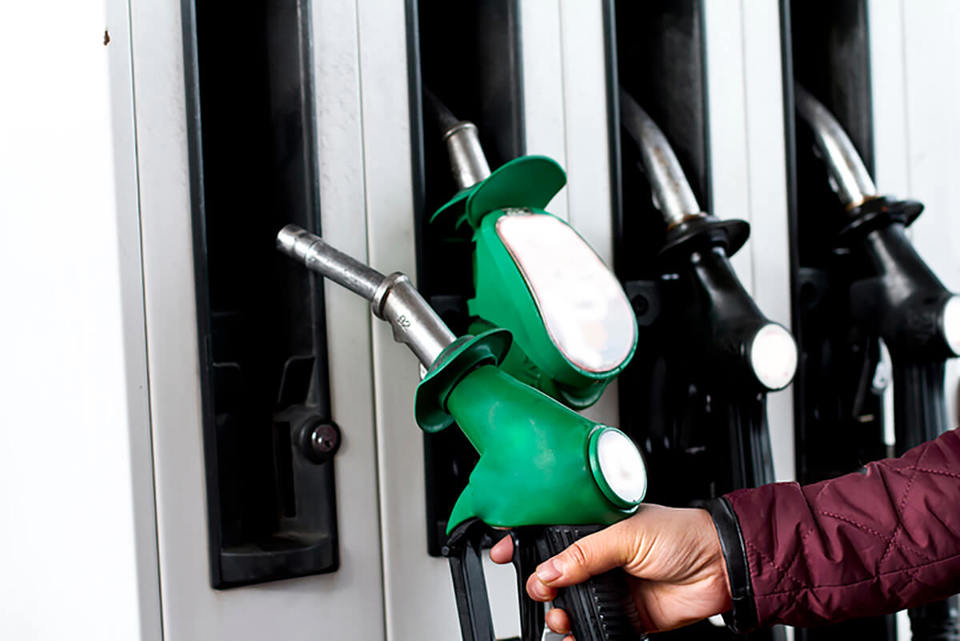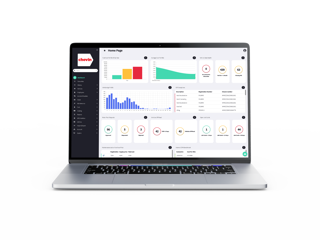Keyfuels aims to open up a fixed price fuel market for mixed fleets after striking a deal with Tesco.
The fuelcard provider already has one of the largest forecourt networks, with more than 1,550 sites located across the UK. But its partnership with Tesco – the UK’s biggest fuel retailer – adds a further 475 sites and, according to Keyfuels, will help LCV and car fleets manage their fuel more effectively.
“This deal is a real leap forward for us in what we can deliver to the fleet market,” said Peter Bridgen, managing director of Keyfuels.
“We’ve been scratching the surface of the LCV and car market for the past few years, but the convenience of a network like Tesco takes us to the level where we can really target that sector.”
Keyfuels, which is owned by Fleetcor, already delivers around two billion litres of fuel a year to 30,000 customers.
The vast majority are HGV operators which either choose a bunkering model, buying fuel at a commercial rate which is then accessed through the Keyfuels network, or opt for its pay-as-you-go model, which is based on a weekly average price.
Purchasing fuel commercially means a saving of between 3-8p per litre against the national average retail price. That would equate to a saving of around £35,000 for every million litres purchased based on a saving of 3.5ppl.
Keyfuels customers include the likes of Tarmac, Wincanton and BT Fleet, but for it to make real inroads into the LCV and business car sector securing additional coverage has been crucial.
Morrisons was added to its network in 2003 and Bridgen says that was an important first step in opening up the mixed fleet market.
“Morrisons introduced convenience for us. A network that LCVs like and that car drivers like,” explained Bridgen. “Since then, we’ve built the network up and by adding Tesco into the mix it becomes even more convenient to LCV and car fleets.”
The company will announce a couple of new products in the autumn to exploit its expanded network and target the sector.
They are expected to include a pay-as-you-go model, which would effectively mean fleets paying discounted fuel rates across the Keyfuels network, while also benefiting from some of the lowest pump prices around on the supermarket forecourt.
Peter Cattell, category director for Tesco, said: “These products will not only provide Keyfuels’ customers with access to Tesco’s network, but they will also benefit from being able to earn Tesco Clubcard points when they fill up.”
The deal comes in the wake of fleets having to endure the volatility of the fuel market for the past few years. As the second biggest cost for fleets to consider, price fluctuations have meant it has been difficult for them to maintain a tight grip on fuel budgets.
And, when oil prices have fallen in recent weeks, it’s left the forecourt industry having to defend continued high fuel costs.
Since the beginning of April, the cost of Brent crude has dropped by 18% while the price of diesel has risen by 0.75%.
Bridgen explained: “In general terms, retail forecourts will procure fuel on a lagged basis, sometimes by as much as three weeks, so when oil prices fall this will not be passed to consumers until much later.”
The petrol industry points out that the price of a litre at the pumps is only partially dependent on the cost of crude oil.
Some 60% of the price is accounted for by fuel duty and VAT. Another 10% is down to delivery charges, the cost of marketing, and profit margins made by both suppliers and retailers.
Paul Watters, head of AA public affairs, said: “There is clearly a need for price transparency covering oil, wholesale and retail markets, taking into account the exchange rate. This would allow drivers to see when they’re getting a fair price at the pump and protect fuel suppliers and retailers from accusations of profiteering.”
However, the Keyfuels model allows any change in price to be reflected much more quickly at a margin significantly below the average retail pump price, while giving fleets the transparency the market craves.























Login to comment
Comments
No comments have been made yet.